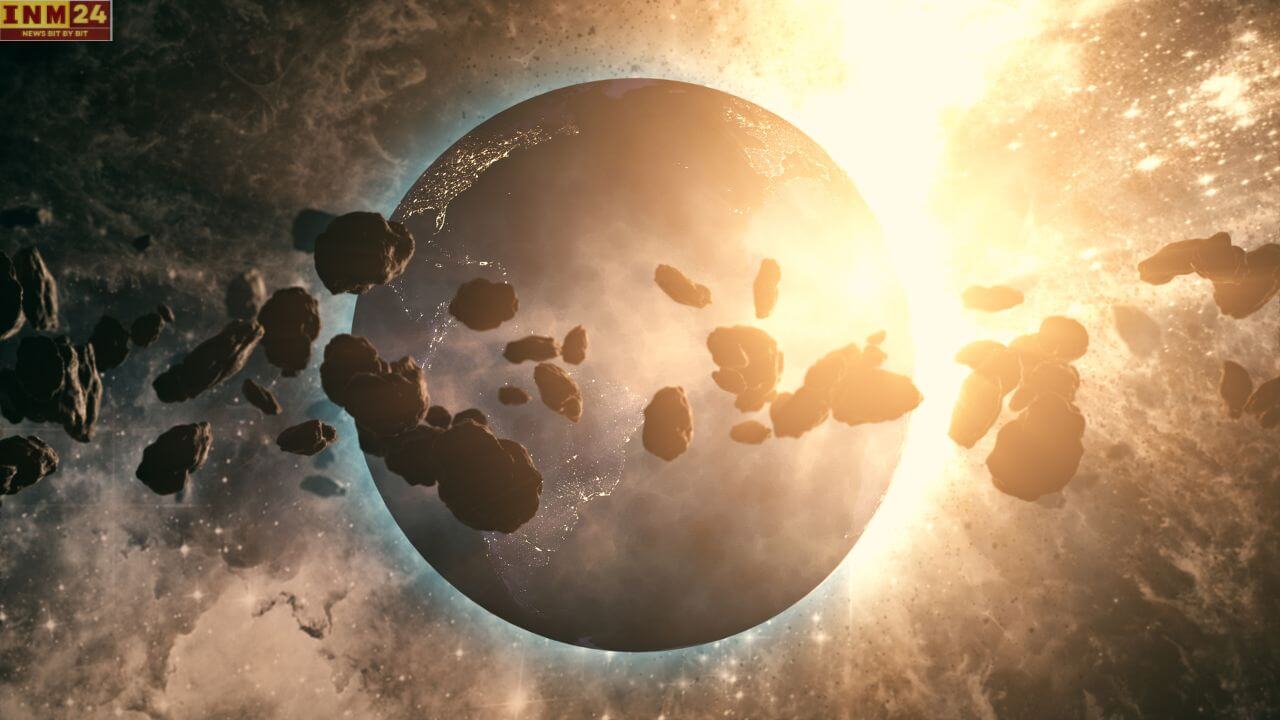In the vastness of space, a close encounter between Russian and American satellites unfolded, narrowly escaping a potential collision. Despite both countries’ satellites coming in close proximity, NASA was unable to prevent the close call, highlighting the challenges of managing space debris.
Close Call in Space: Malfunctioning Russian Satellite Narrowly Avoids Collision with Active American Satellite
The incident occurred when a malfunctioning Russian satellite passed near an active American satellite on February 28, according to NASA’s Thermosphere Ionosphere Energetics and Dynamics (TIMED) mission. The two satellites were approximately 600 kilometers above Earth during this close approach.
NASA’s TIMED mission monitors the effects of solar influences on Earth’s lower atmosphere. The successful avoidance of a collision is crucial, as any impact could lead to the creation of a significant amount of space debris. Such debris poses a serious threat to other satellites, potentially initiating a catastrophic chain reaction, akin to the scenario depicted in the 2013 movie “Gravity,” where space debris caused extensive damage to the entire space station.
Efforts are underway to address the issue of space debris. Australian scientists propose using lasers to dislodge small debris, while the European Space Agency (ESA) plans to launch a debris-catching robot in 2025. ESA Director General Jan Wörner calls upon satellite-launching companies and agencies to adhere to rules responsible for cleaning up space debris. As space exploration and satellite deployment increase, strategies for mitigating the risks associated with space debris become increasingly essential.
